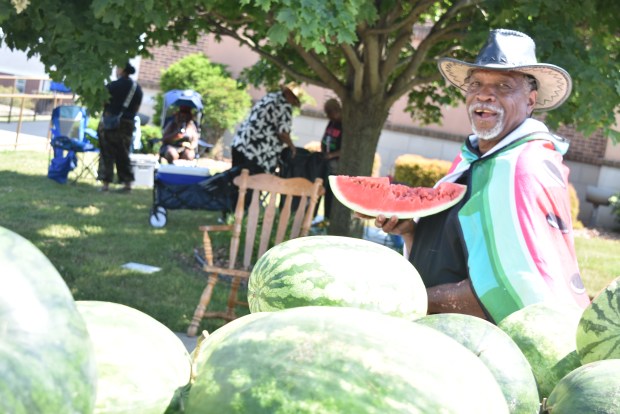For the second time in two months, the DuPage County Board unanimously approved monetary aid to local food pantries, allocating nearly $2.1 million toward direct relief and infrastructure assistance.
In a vote Tuesday, the board elected to spend an additional $500,000 on its Local Food Pantry Infrastructure Investment Program, which relays dollars from the county’s American Rescue Plan Act (ARPA) fund to food pantries, after allocating just shy of $1 million towards the program in February.
“These targeted investments will make it easier to get fresh food to the neediest residents in our County quickly, provide important resources to local pantries and strengthen our food distribution network for decades to come,” Human Services Committee Chair and county board member Greg Schwarze said in February.
Unlike the last round of spending, the money does not have a specific destination like the 16 pantries target for infrastructure improvements last month.
Congruently, the county elected to extend its grant with the Northern Illinois Food Bank, who provide food resources to pantries in 13 counties in the region, for nearly $1.6 million over the next 15 months.
Over the last three years, the county has spent more than $4 million on services from the Northern Illinois Food Bank, as food prices have increased and federal programs aimed at alleviating costs during the pandemic ended.
“We’ve heard from our residents that food insecurity continues to be an issue,” Schwarze said in a statement Thursday. “These two programs will help address the immediate need for fresh food, while also providing funds to create the framework for pantries to be sustainable and successful for years to come.”
Anywhere from 350,000 to 500,000 people get food through the Northern Illinois Food Bank network monthly, Director of Agency Relations Northern Illinois Food Bank Jacqui Hebein said in an interview with the Pioneer Press in July.
“There’s millions of people everywhere that are in need and you can’t just pick out and say ‘oh that person is in need,’ the face of hunger is your neighbor,” Hebein said.




